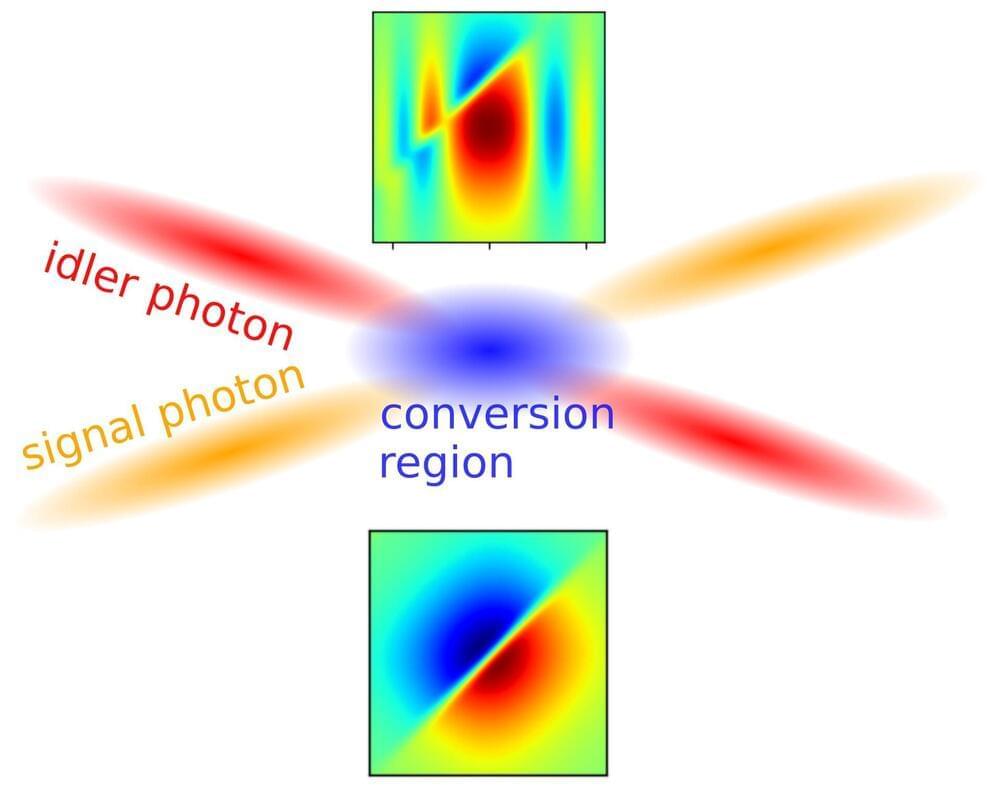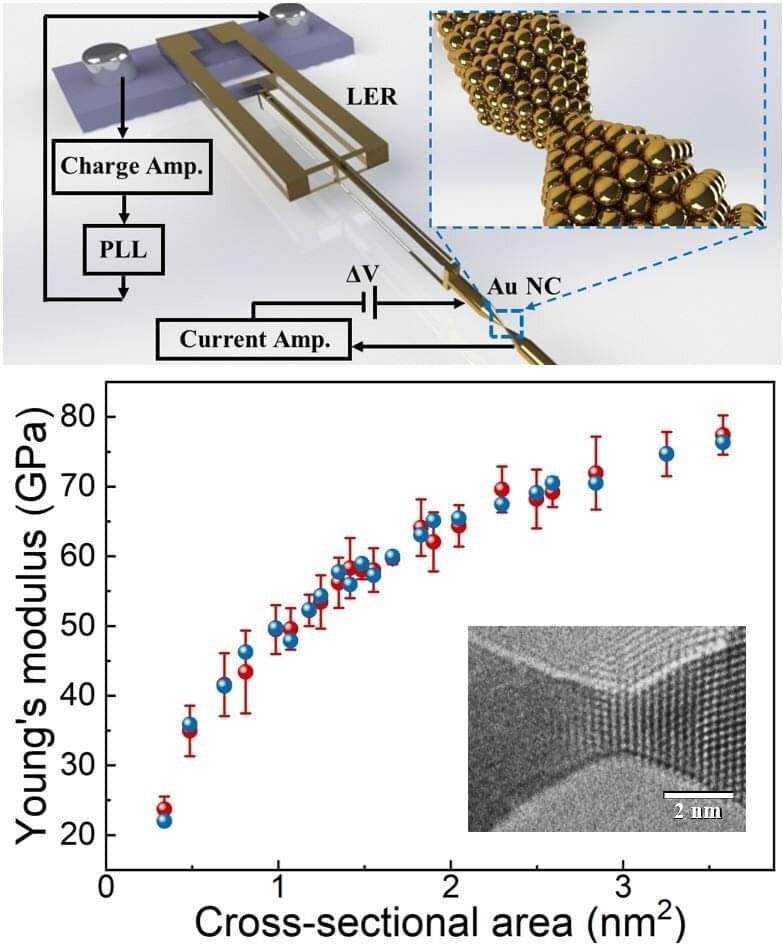The system developed in Milano is robust and it also has the potential to process information encoded in different coupled systems, including far and enormous galaxies. Thanks to these new results, it is now possible to simulate in the lab complex coupled systems, with order altered by stable defects, difficult to be reproduced otherwise since involving ginormous scale, like galaxies, or part of extreme hydrodynamic systems.
Water whirlpools, smoke rings, violent tornados and spiral galaxies are all examples of twists in fluids, although very different each other. Analogous twists, but in the realm of light, have been created by the research group coordinated by Antonio Ambrosio at the IIT-Istituto Italiano di Tecnologia (Italian Institute of Technology), in Milano (Italy). The results, published in the journal Nature Photonics, show the realization of 100 light vortices, coupled to form an ordered structure, a light crystal.
Mutual interaction of light and nanostructured materials is the focus of the research of Antonio Ambrosio, Principal Investigator of the research line Vectorial Nano-imaging at IIT in Milano and grantee of the ERC Consolidator project “METAmorphoses.”
Twisted light generators have been developed in the last few years, but they typically create a single vortex propagating alone in free space. IIT researchers have shown instead that it is possible to create 100 light vortices, coupled into an ordered light crystal.








